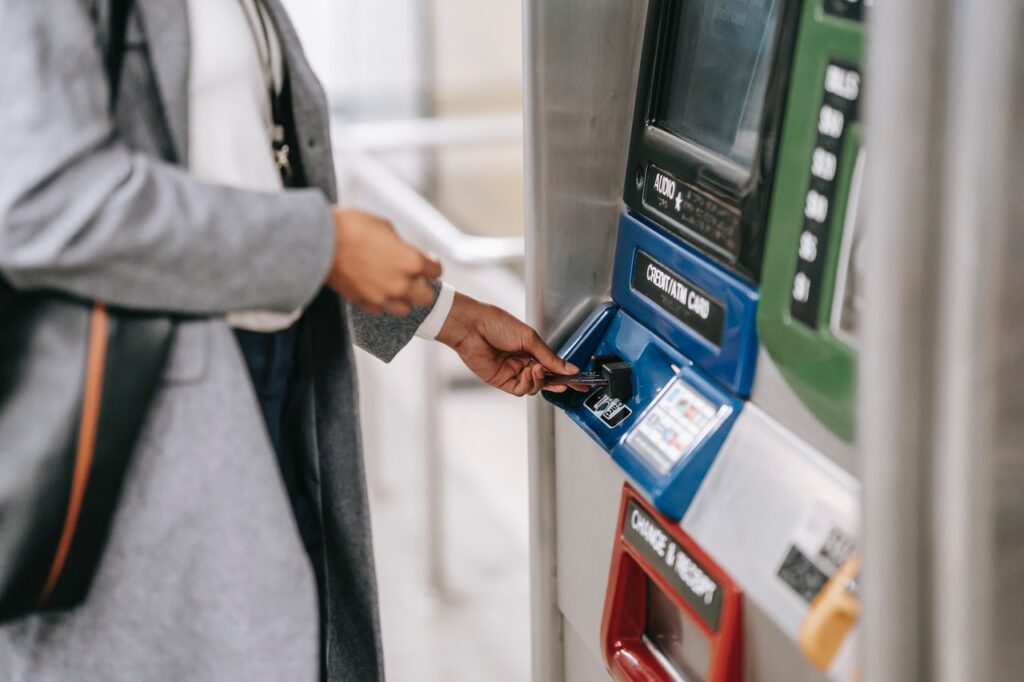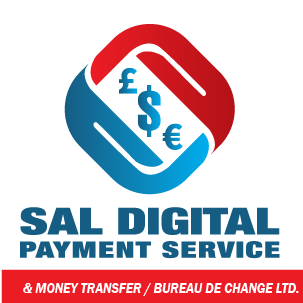Coming from Europe or a developed country, you might be familiar with digital payment methods using credit or debit cards to pay online shopping bills, utilities, or bank transfers. The advancement of e-wallets enables the possibilities for restaurants, gas station and supermarkets to accept payment from customers using their mobile phones.
Online payments give the customer peace of mind, especially when transacting with a small business for the first time. It can help overcome trust issues in the sense that if a merchant fails to deliver the service he paid for and agreed upon, the individual can dispute the credit card transaction with the creditor. One of the pioneers of digital payment systems in the Gambia is Sal Digital Payment Service & Bureau de Change.

The Sal Digital Payment Service aims to promote and encourage digital payments in the country. There are various types and modes of digital payments. Some of these include the use of debit/credit cards, internet banking, mobile wallets, digital payment apps, Unified Payments Interface (UPI) service, Unstructured Supplementary Service Data (USSD), Bank prepaid cards, mobile banking, etc. With the introduction of the Sal e-wallet, people in the diaspora can transfer money to relatives in the Gambia and have it delivered to their e-wallets without the need to visit a bureau.

Digital payment methods are often easy to make, more convenient and provide customers the flexibility to make payments from anywhere and at any time. These are a good alternative to traditional methods of payment and speeds up transaction cycles. Some of the notable institutions that offer some level of digital payment service includes:
- Sal Digital Payment Service & Bureau de Change
- Ecobank
- APS Money
- Supersonicz
- Kuringo
- Yayeh Money transfer
